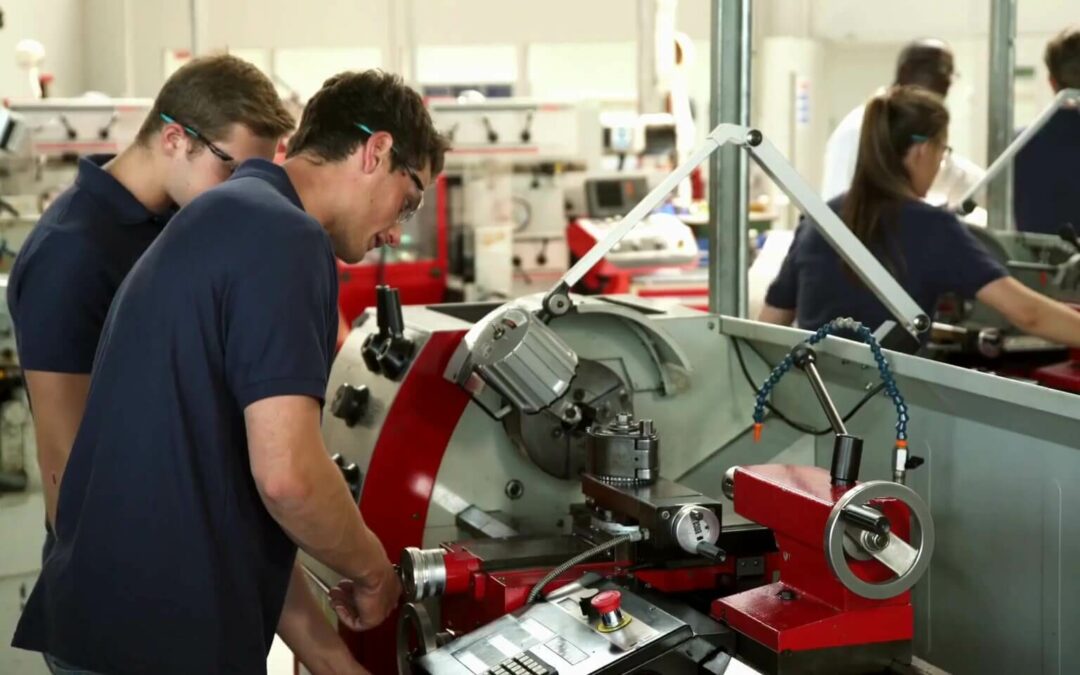In today’s competitive job market, understanding the difference between skills and competencies is crucial for HR professionals and business owners seeking to build competent workforces. While skills are specific learned abilities that can be developed through training, competencies encompass a broader range of knowledge and capabilities needed to perform tasks within a specific job context. This distinction not only influences hiring practices but also impacts employee training and development, making it essential for organizations to define, measure, and analyze these elements accurately. By understanding the difference between skills and competencies, businesses can better assess their workforce and ensure they have the right talent to meet industry demands.
What’s the Difference Between Skills and Competencies?
What Are Skills?
Skills are learned abilities. They are specific tasks a person can learn to do through training. Reading schematics is a skill. Using power tools is a skill. Analyzing error messages on industrial machinery is a skill. An industrial maintenance mechanic will likely need all three of these skills to perform their job. Skills alone do not define success, but they are the building blocks of workplace performance.
What Are Competencies?
Competencies are a combination of skills and knowledge that someone uses to complete a task. They are more complex than skills. Competencies put skills into the specific context of an industry or job role. An industrial maintenance mechanic troubleshooting a complex piece of machinery will need to know how to read schematics, operate power tools, analyze error messages, and have working knowledge of electronics, hydraulics, and mechanical drives to successfully complete the task.
Skills Are A Component of Competency
Skills and competencies are similar, but they are not the same. Skills define specific things a person can learn to do. Skills are just one component of competencies, which are the sum of one’s knowledge, abilities, and skillset.
Both skills and competencies can be documented. HR professionals and business leaders use skills and competencies to better understand their workforce and if their employees have the right knowledge and training to succeed.
Skills and Competencies Are Documented In Industry Standards
Since 1938, the US Department of Labor has categorized jobs and broken jobs down into their various components. A job and task analysis documents the critical duties needed to perform the job, including types of equipment used, processes, and materials. The major areas identified by the job and task analysis are also called standards within a particular job. Each standard is broken down into competencies or tasks. For someone to be job-ready, they would be expected to perform all competencies in all standards within their occupation at the entry-level.
Industry organizations, equipment manufacturers, and individual companies may also define competencies and standards. For example, the Manufacturing Skills Standards Council is a nonprofit, industry-lead organization that has developed standards for frontline production and material handling technicians since 1997. These standards define the competencies manufacturing and logistics professionals need for the technology-intensive jobs of the 21st century. FANUC America, one of the leading suppliers of industry-leading robotic and automation solutions, defined core competencies for robot operators and technicians who will be using FANUC equipment. With help from experts like NBS, some companies conduct their own job and task analysis to define competencies for key functions within their organization.
Defining and documenting competencies is extremely useful when it comes to hiring skilled workers and filling talent gaps. Once you know the competencies needed to do the work, you have something to measure against. Once you have a valid way to measure competency (more on that in the next section), you can confidently hire and train employees who have the knowledge and skills to be successful.

Competency-Based Assessments Provide Insight Into Workplace Readiness and Training Needs
Once you have defined competencies, how do you measure them?
This is where an experienced credentialing partner like NBS can help. We develop valid, reliable, industry-based assessments that don’t just test rote knowledge but truly measure competence and job preparedness. Every assessment is based on industry-defined standards, so our partners know with confidence whether or not someone has the right knowledge and skills for a particular position.
Our assessments don’t just measure individual skills—they use competencies to put those skills in the context of the industry.
After a candidate or employee takes a competency-based assessment, employers have unique insight into their capabilities. These insights guide hiring and training decisions by providing a clear picture of someone’s knowledge and skills and if there are any skill gaps to close through training. Employers who use competency-based assessments no longer have to rely solely on resumes or other subjective tools for hiring decisions. Standardized and legally defensible assessments from a high-quality provider like NBS ensure you can confidently hire the right people with the right skills and knowledge.
Build a Superior Workforce with Competency-Based Assessments from NBS
For over twenty-five years, Nocti Business Solutions has helped organizations identify their workforce’s skills and knowledge. Our entry-level assessments are based on industry standards, and we have psychometricians on staff to ensure every test is valid, reliable, and unbiased.
In addition to over 170 “off the shelf” assessments, we can create customized tests for your organization, equipment, and processes. View our Assessment Index for a complete list of entry-level tests, or contact us with any questions.

Recent Comments